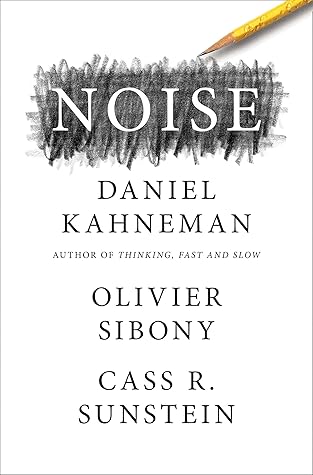More on this book
Community
Kindle Notes & Highlights
For example, when the same software developers were asked on two separate days to estimate the completion time for the same task, the hours they projected differed by 71%, on average.
In predictive judgments, human experts are easily outperformed by simple formulas—models of reality, models of a judge, or even randomly generated models.
At this point, all we need to emphasize is that the causal mode comes much more naturally to us. Even explanations that should properly be treated as statistical are easily turned into causal narratives. Consider assertions such as “they failed because they lacked experience” or “they succeeded because they had a brilliant leader.” It would be easy for you to think of counterexamples, in which inexperienced teams succeeded and brilliant leaders failed. The correlations of experience and brilliance with success are at best moderate and probably low. Yet a causal attribution is readily made.
...more
Consider how we tend to answer each of the following questions by using its easier substitute: Do I believe in climate change? Do I trust the people who say it exists?
Whenever you make a judgment, you carry your own baggage, too. You come with the habits of mind you formed on the job and the wisdom you gained from your mentors. You bring along the successes that built your confidence and the mistakes that you are careful not to repeat. And somewhere in your brain are the formal rules you remember, those you forgot, and those you learned that it is okay to ignore. No one is exactly like you in all these respects; your stable pattern errors are unique to you.
Causally, noise is nowhere; statistically, it is everywhere. Unfortunately, taking the statistical view is not easy. We effortlessly invoke causes for the events we observe, but thinking statistically about them must be learned and remains effortful. Causes are natural; statistics are difficult.
Superforecasters also excel at taking the outside view, and they care a lot about base rates.
unstructured interviews to distinguish them from structured interviews, to which we will turn shortly) are not very informative. To put it more starkly, they are often useless.
to many, the word process evokes bureaucracy, red tape, and delays.


